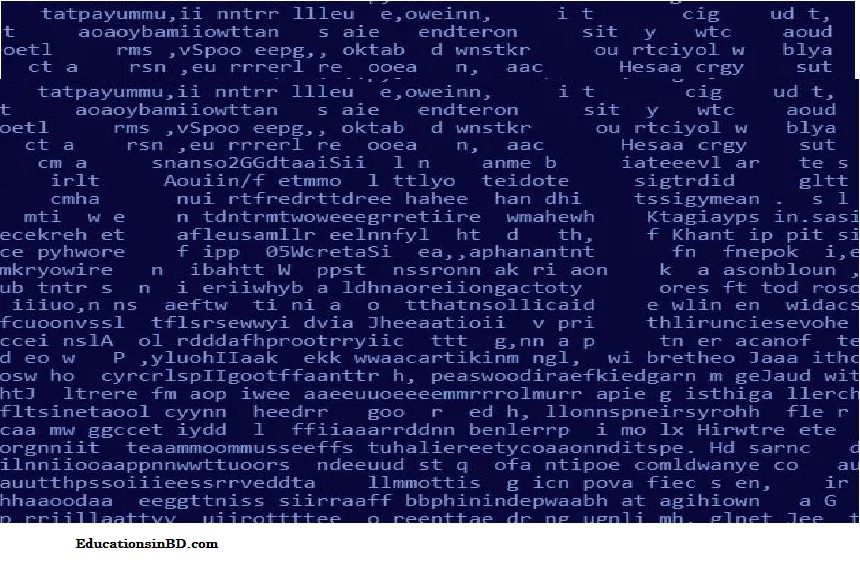What are the types of sentences?
What are the types of sentences? There are four main types of sentences:
Imperative/ Declarative Sentences: These sentences make a statement or express an opinion. They end with a period. Example: “I love to read books.”
Interrogative Sentences: These sentences ask a question. They end with a question mark. Example: “What is your favorite color?”
Imperative Sentences: These sentences give a command or make a request. They can end with a period or an exclamation mark, depending on the tone. Example: “Please pass me the salt.”
Exclamatory Sentences: These sentences express strong emotions or feelings. They end with an exclamation mark. Example: “Wow, that was amazing!”
the four main types of sentences, there are also several other types of sentences that can be classified based on their structure or purpose. Here are some examples:
Simple Sentences: These are sentences that have one independent clause and express a complete thought. Example: “She sings well.”
Compound Sentences: These are sentences that have two or more independent clauses, joined by a conjunction. Example: “She sings well, and she dances gracefully.”
Complex Sentences: These are sentences that have one independent clause and one or more dependent clauses. Example: “Because she practiced hard, she performed well.”
Compound-Complex Sentences: These are sentences that have two or more independent clauses and one or more dependent clauses. Example: “Although she was nervous, she performed well, and the audience applauded.”
Rhetorical Questions: These are questions that are asked for effect or to make a point, rather than to elicit an answer. Example: “Who doesn’t like pizza?”
Conditional Sentences: These are sentences that express a hypothetical situation and its outcome. Example: “If it rains, we will stay indoors.”
Passive Sentences: These are sentences in which the subject receives the action, rather than performing it. Example: “The cake was baked by my mother.”
Direct Speech: These are sentences that report someone’s exact words and are enclosed in quotation marks. Example: “He said, ‘I will be there at 6 pm.'”
Indirect Speech: These are sentences that report someone’s words without using quotation marks. Example: “He said he would be there at 6 pm.”

here are the types of sentences:
Absolute Phrases: These are phrases that modify the whole sentence, usually by providing additional information about the subject. Example: “The storm having passed, we went outside.”
Appositive Phrases: These are phrases that rename or explain a noun or pronoun in the sentence. Example: “My friend Sarah, a doctor, is coming to visit.”
Elliptical Sentences: These are sentences that leave out words or phrases that can be inferred from the context. Example: “You did well, and so did she.”
Inverted Sentences: These are sentences in which the subject and verb are reversed or rearranged for emphasis or style. Example: “In the forest wandered the lost boy.”
Juxtaposed Sentences: These are sentences that are placed next to each other for comparison or contrast. Example: “The day was sunny. The night was cold and dark.”
Nominal Sentences: These are sentences that use a noun or pronoun as the subject, with no verb. Example: “My favorite color is blue.”
Parenthetical Sentences: These are sentences that are inserted into another sentence to provide additional information. Example: “The cake, which was made by my mother, was delicious.”
Verbal Sentences: These are sentences that use a verb as the main part of the sentence, with no subject. Example: “To run is good exercise.”


